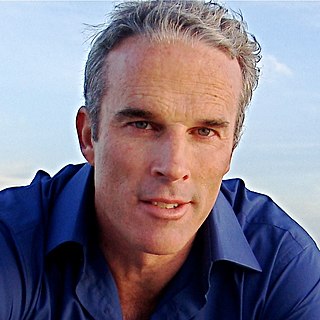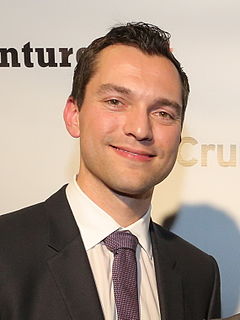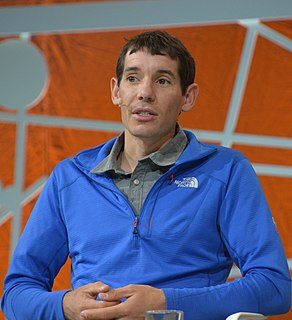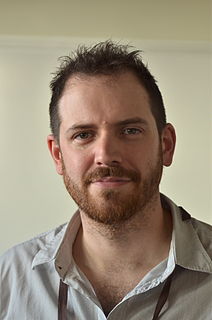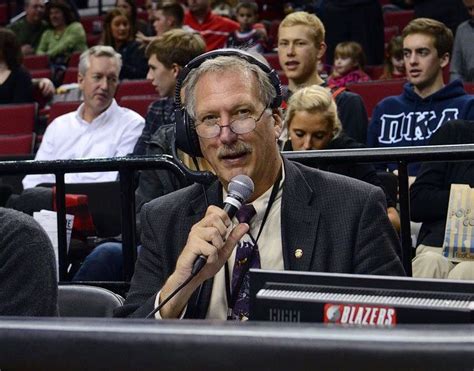A Quote by Lewis Gordon Pugh
The days of exploration of Shackleton and Scott are long gone. Everything has been climbed, crossed, done. Now what we're exploring are the full boundaries of human endeavour. It's not physical - it's all in the head.
Quote Topics
Related Quotes
Any physical addiction, it doesn't matter how long they've been taking it or how full of it their body is, and addiction, would, between three and thirty days, be completely cleared from the system. Usually closer to three days than thirty days. But it is the emotional craving that must be tended to.
All your life spent getting ready for the next thing. I climbed a lot of hills now. I crossed a lot of rivers. Crossed the sea even, left everything I knew and came to Styria. But there I was, waiting for me at the docks when I got off the boat, same man, same life. Next valley ain't no different from this one. No better anyway. Reckon I've learned ... just to stick in the place I'm at. Just to be the man I am.
And now let us believe in a long year that is given to us, new, untouched, full of things that have never been, full of work that has never been done, full of tasks, claims, and demands; and let us see that we learn to take it without letting fall too much of what it has to bestow upon those who demand of it necessary, serious, and great things.
...Nameless, unknown to me as you were, I couldn't forget your voice!' 'For how long?' 'O - ever so long. Days and days.' 'Days and days! Only days and days? O, the heart of a man! Days and days!' 'But, my dear madam, I had not known you more than a day or two. It was not a full-blown love - it was the merest bud - red, fresh, vivid, but small. It was a colossal passion in embryo. It never returned.
I have loved my work, I have loved people and my play, but always I have been uplifted by the thought that what I have done well will live long and justify my life, that what I have done ill or never finished can now be handed on to others for endless days to be finished, perhaps better than I could have done.
There's a popular misconception that property boundaries are based on coordinates that surveyors can simply "walk to" with our instruments. The reality is that, while physical coordination of monuments is easier than it's ever been, property boundaries often need to be determined based on evidence and plans that are old, decrepit, and done with different technology and expectations than we have today.
